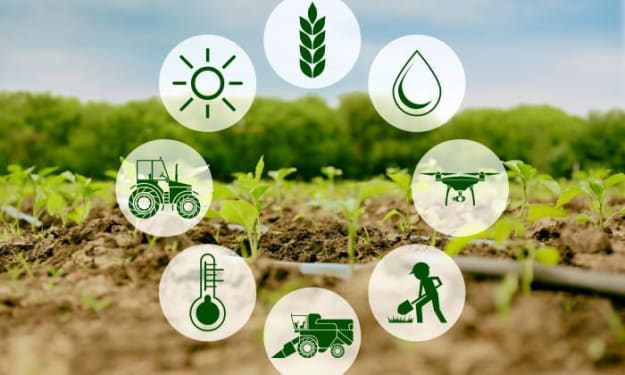
Introduction:
Inflation is a critical economic phenomenon that affects individuals, businesses, and governments worldwide. It refers to the sustained increase in the general price level of goods and services in an economy over time. Inflation can erode purchasing power, reduce the dard of living, and impact various economic sectors. This article aims to explore the causes and consequences of inflation and discuss potential strategies to mitigate its effects. Causes of Inflation:
Demand-Pull Inflation: This type of inflation occurs when the demand for goods and services exceeds the available supply. Increased consumer spending, expansionary fiscal policies, or loose monetary policies can lead to excessive demand, thereby driving up prices.
Cost-Push Inflation: Cost-push inflation arises from an increase in production costs, such as wages, raw materials, or energy prices. When businesses face higher costs, they pass them on to consumers in the form of higher prices, thus contributing to inflationary pressures.
Monetary Factors: Changes in the money supply can also contribute to inflation. If the central bank prints more money or pursues expansionary monetary policies, it can lead to an excess supply of money, which may result in higher prices.
Exchange Rate Fluctuations: When a country's currency depreciates against other currencies, it can e the price of imported goods. This situation is known as import inflation, as higher costs of imported products translate into higher prices for consumers.
Impacts of Inflation:
Reduced Purchasing Power: Inflation erodes the purchasing power of money. As prices rise, the same amount of money buys fewer goods and services, reducing the standard of living for individuals and households.
Uncertainty and Speculation: Inflation introduces uncertainty into the economy, making it difficult for businesses and individuals to plan for the future. It encourages speculative behavior, as people try to protect their wealth by investing in assets that may retain their value.
Redistribution of Wealth: Inflation can lead to a redistribution of wealth within society. People with fixed incomes or sav ings may find it difficult to maintain their standard of living, while borrowers who hold fixed-rate debts benefit from the decreasing value of money.
Economic Inefficiencies: Inflation can create economic inefficiencies as businesses and individuals spend resources on hedging against inflation or adjusting prices and contracts. Frequent price changes can also impede efficient decision-making and resource allocation.
Mitigation Strategies:
Monetary Policy: Central banks can use monetary policy tools to manage inflation. They can increase interest rates to reduce borrowing and spending, which helps curb demand-pull inflation. Conversely, lowering interest rates can stimulate economic activity during times of deflation or low inflation.
Fiscal Policy: Governments can use fiscal measures, such as taxation and government spending, to influence aggregate demand. Reducing government spending and increasing taxes can help control inflationary pressures.
Supply-Side Policies: Policies that focus on improving productivity, reducing production costs, and promoting competition can help mitigate inflation. Encouraging investments in infrastructure, education, and technological advancements can enhance the economy's capacity to meet rising demand without triggering excessive price increases.
Wage and Price Controls: In extreme cases, governments may implement wage and price controls to directly manage inflation. However, these measures are often temporary and can have unintended consequences, such as distortions in market dynamics or reduced incentives for businesses to invest and innovate.
Exchange Rate Policy: Governments can adjust exchange rates to manage import inflation. Depreciating the currency can make exports more competitive, reducing the reliance on imported goods and mitigating inflationary pressures.
Conclusion:
Inflation is a complex economic phenomenon with wide-ranging impacts on individuals, businesses, and economies. Understanding its causes and consequences is
About the Creator
Reader insights
Outstanding
Excellent work. Looking forward to reading more!
Top insights
Excellent storytelling
Original narrative & well developed characters
On-point and relevant
Writing reflected the title & theme
Compelling and original writing
Creative use of language & vocab
Eye opening
Niche topic & fresh perspectives
Masterful proofreading
Zero grammar & spelling mistakes
Expert insights and opinions
Arguments were carefully researched and presented
Easy to read and follow
Well-structured & engaging content





Comments (3)
Wow very nice information
Interesting!
GREAT INFORMATION!!!